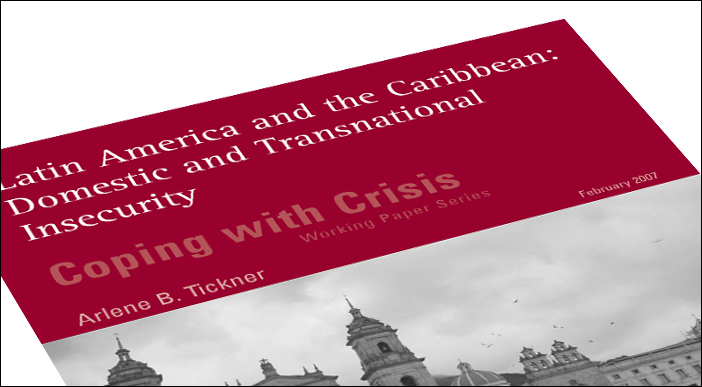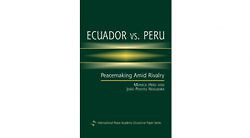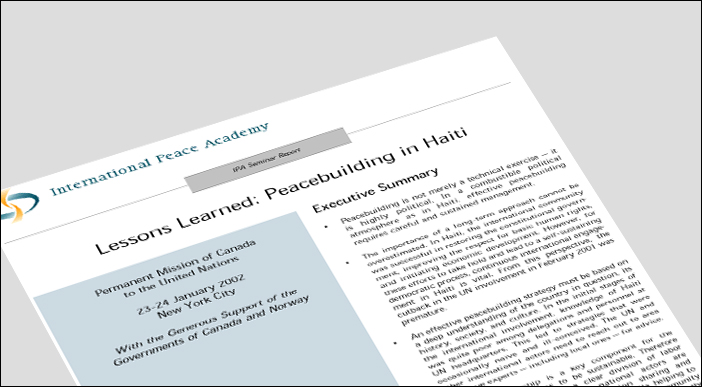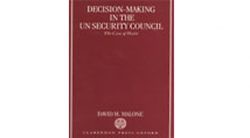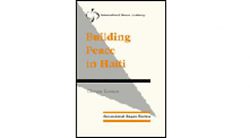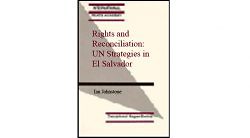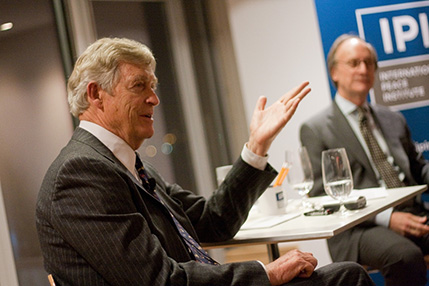
On February 11th, United Nations Foundation President Timothy Wirth led an IPI discussion on “US-UN Relations: What to Expect?”To view a transcript of the event, click here.IPI’s Vice President and Director of External Relations Warren Hoge moderated the discussion, which was part of Beyond the Headlines, a series of events hosted by IPI for experts […]
Read more
